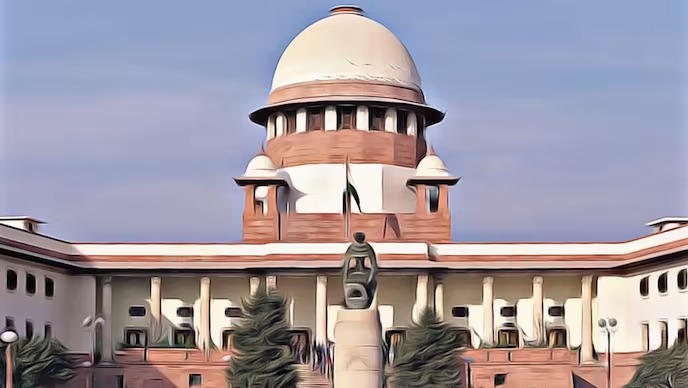Amitava Lala, J.@mdashThis writ petition has been filed by the petitioner in person challenging main result dated 14th June, 2008, final result dated 21st June, 2008 of Provincial Civil Service, 2005 upon being participated and become unsuccessful.
2. Law is categorical to this extent that an unsuccessful candidate after participating in the examination can not turn around and challenge the selection process before the Court. It is also reflected from the judgment of the Supreme Court reported in Supreme Court Service Rulings Vol. 3 page 577 (Swaran Lata v. Union of India and Ors.) which has been followed by the High Courts and Supreme Court on numerous occasions. It is well settled law by now that the Court can not substitute its view over and above the view of the Commission. The petitioner has taken another point in view of the judgment reported in
3. Upon making such analysis the Supreme Court also held to that extent as follows:
S.C. Dixit, therefore, upheld scaling on two conclusions, namely (i) that the scaling formula was adopted by the Commission after an expert study and in such matters, court will not interfere unless it is proved to be arbitrary and unreasonable; and (ii) the scaling system adopted by the Commission eliminated the inconsistency arising on account of examiner variability (difference due to evaluation by strict examiners and liberal examiners).
(Emphasis Supplied)
Supreme Court further held as follows:
In fact the Commission may continue to adopt the said system of scaling, where a comparative assessment is to be made of candidates having option to take different subjects.
(Emphasis Supplied)
4. Therefore, from our reading, the Commission is not debarred from adopting scaling system provided it falls within the parameter prescribed by the Supreme Court under the judgment of Sanjay Singh (Supra). In the case in hand, the petitioner wanted to establish the case on the basis of apprehension by calling records of other candidates from the respondents, which is not permissible under the law unless he proves his own case. In addition thereto we do not find anything to say that the scaling system has been adopted for compulsory subjects. It has only been restricted for optional subjects that too apparently within the parameters of law. Moreover, by adding the scaling scores, we find that the total marks of the petitioner has been increased. For an example in one of the optional paper i.e. law paper II the actual marks was 56 which has been increased upto 87.2 by adopting scaling system. Therefore, neither we find any arbitrariness in awarding marks by the Commission nor the petitioner suffered any prejudice by application of the scaling system adopted by the Commission.
5. Hence, in totality, we do not find any cause to interfere with the process of selection applied by the Commission. As a result whereof the writ petition fails and is, accordingly, dismissed.
6. However no order is passed as to costs.

